News
Unlocking the Potential of National Ecosystem Assessments: BES-Net Coordinator, Yuko Kurauchi, on the Power of Partnerships in Knowledge Creation
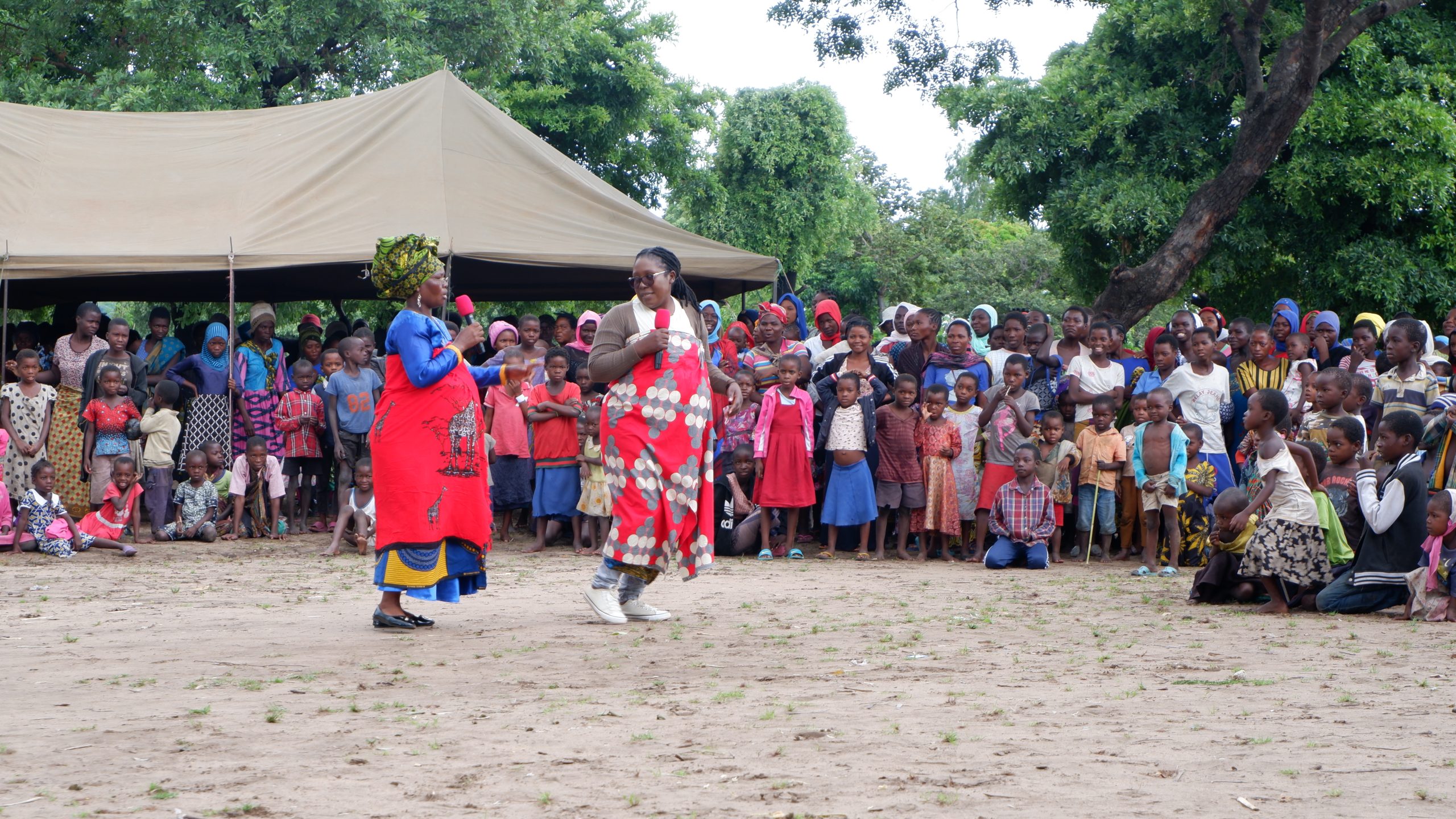
News | Sep 2025
In September 2024, experts from around the world gathered in Cambridge, United Kingdom, for the National Ecosystem Assessment (NEA) Initiative’s Annual Global Capacity Building Workshop. Among them was Yuko Kurauchi, Programme Specialist at the United Nations Development Programme (UNDP) and coordinator of the Biodiversity and Ecosystem Services Network (BES-Net).
In this conversation, Yuko shares insights on the importance of creating a community of practice among countries participating in ecosystem assessments. She highlights the value of effective partnerships within the BES-Net consortium and talks about the critical role ecosystem assessments play in supporting evidence-based decision-making. She also reflects on the personal motivations that continue to drive her work as an international development professional.
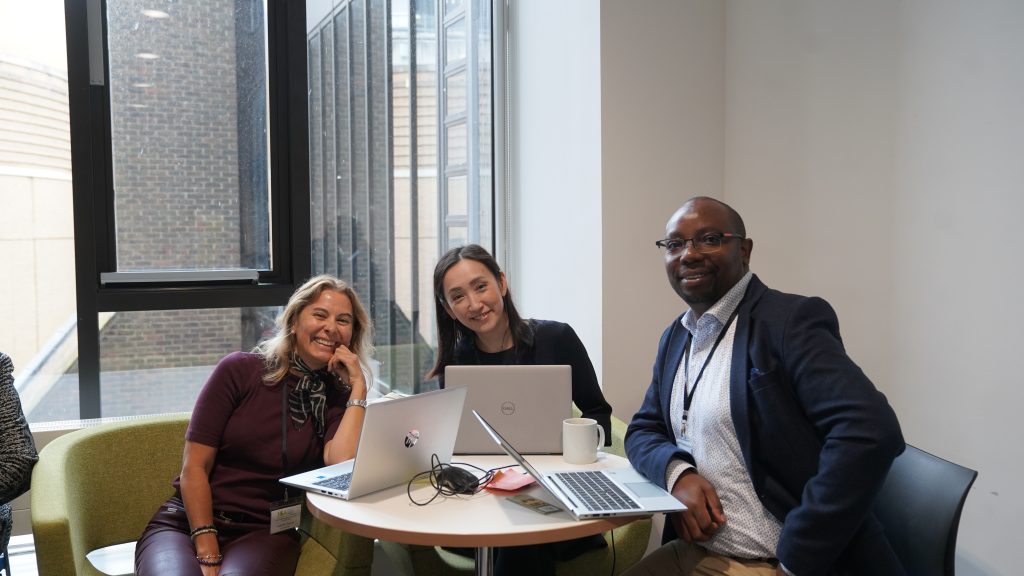
Pratik Tandon (PT), NEA Initiative: Could you please give us an introduction about yourself?
Yuko Kurauchi (YK): Since 2017, I have been serving as the coordinator of BES-Net, a global partnership-driven initiative implemented jointly by UNDP, the United Nations Environment Programme World Conservation Monitoring Centre (UNEP-WCMC) and the United Nations Educational, Scientific and Cultural Organization (UNESCO). BES-Net helps translate the latest IPBES findings into concrete biodiversity conservation actions on the ground, connecting people from the science, policy and practice sectors, weaving in Indigenous and local knowledge and prioritizing gender inclusion to support better decisions for nature and people.
PT: What motivated you to work in this field?
YK: My academic background is in environmental science, with a focus on social ecology. I have always been interested in how natural and social systems connect, especially in shaping the foundation of biodiversity. At UNDP, we work closely with governments, while also playing a unique role in convening a wide range of stakeholders. BES-Net enables our team to collaborate with actors from diverse fields and worldviews, all working towards the common objective of building a future where both people and nature can thrive. This is what drew me to the initiative.
Many biodiversity initiatives exist, but they are often fragmented. BES-Net helps connect them and promote more coordinated actions, making use of their added value and comparative advantages and translating shared goals into real impact. For me, BES-Net is the perfect match, as it brings together all my interests.
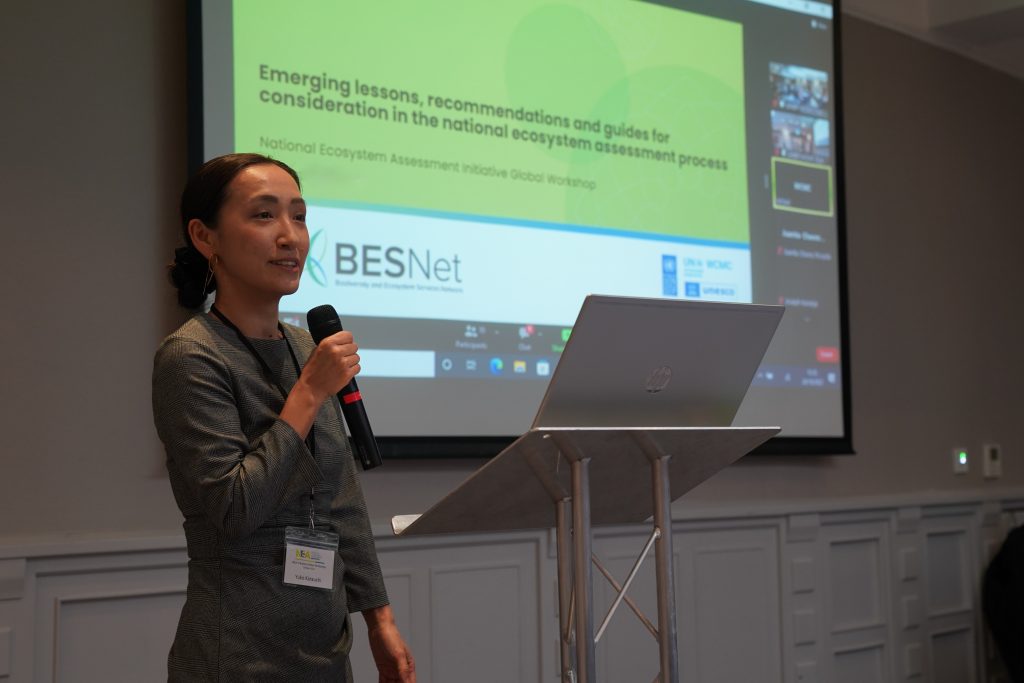
PT: Thank you, Yuko. Your passion and motivation are a source of inspiration that is making a positive difference. Turning to the workshop, what do you think is its significance in helping to meet the broader objectives of BES-Net?
YK: BES-Net's support to the NEA Initiative has grown steadily over the past decade, and I am very pleased to be part of this journey. Supporting countries to carry out their ecosystem assessments is important, and it is equally important to create a community of practice among them. This allows a positive flow of knowledge and experience on what worked, what did not, and what lessons can be applied elsewhere. Without moments and spaces for people to share, the expertise developed during the assessment process risks remaining isolated.
Meeting in person creates opportunities for different kinds of exchanges. Formal sessions allow structured discussions on progress and lessons learned, while informal moments, such as coffee breaks or dinners, encourage more personal conversations that can strengthen networks. Such connections can often spark new ideas, foster collaboration and encourage the wider sharing of experiences.
Interest in undertaking national ecosystem assessments is growing across and beyond national and regional borders. Therefore, the work of experts should not be limited to completing an assessment. Bringing people together sustains their engagement, builds capacity and ensures that the lessons learned in one country can inspire and inform many others.
PT: Your work focuses on supporting those on the front lines of conservation, including at the policy, science or practice levels. What do you enjoy most about it?
YK: I feel most fulfilled when I see evidence leading to tangible action. It is a meaningful sign that our efforts to bring people together and strengthen connections are making a real difference. There have been times where valuable knowledge existed but was inaccessible or even overlooked for various reasons.
That trend is changing. Increasingly, both globally and nationally, evidence-based decision-making is being recognized and embraced. Witnessing this shift towards more concrete action is deeply rewarding; it is when I can most clearly see my own contribution.
PT: What are some of the key tools that BES-Net provides to support countries in biodiversity conservation?
YK: National ecosystem assessments form one of the core pillars of BES-Net, supported by the expertise of UNEP-WCMC. We believe in the power of evidence; yet in many countries, if not all, evidence is still lacking – not necessarily because it does not exist, but because it is not always accessible or brought together in one place. National ecosystem assessments consolidate existing knowledge and synthesize it in a legitimate and comprehensive way. This creates a holistic and inclusive evidence base to support policymaking.
A key added value is the interweaving of Indigenous and local knowledge into the assessment process. Our partner, UNESCO’s Local and Indigenous Knowledge Systems (LINKS) Programme, plays an essential role in this by applying the multiple evidence base approach to ensure that Indigenous and local knowledge holders are engaged as equal partners. This involves recognizing the challenges they face, understanding their position in decision-making processes and creating safe and constructive spaces for them to share their experiences, practices and wisdom.
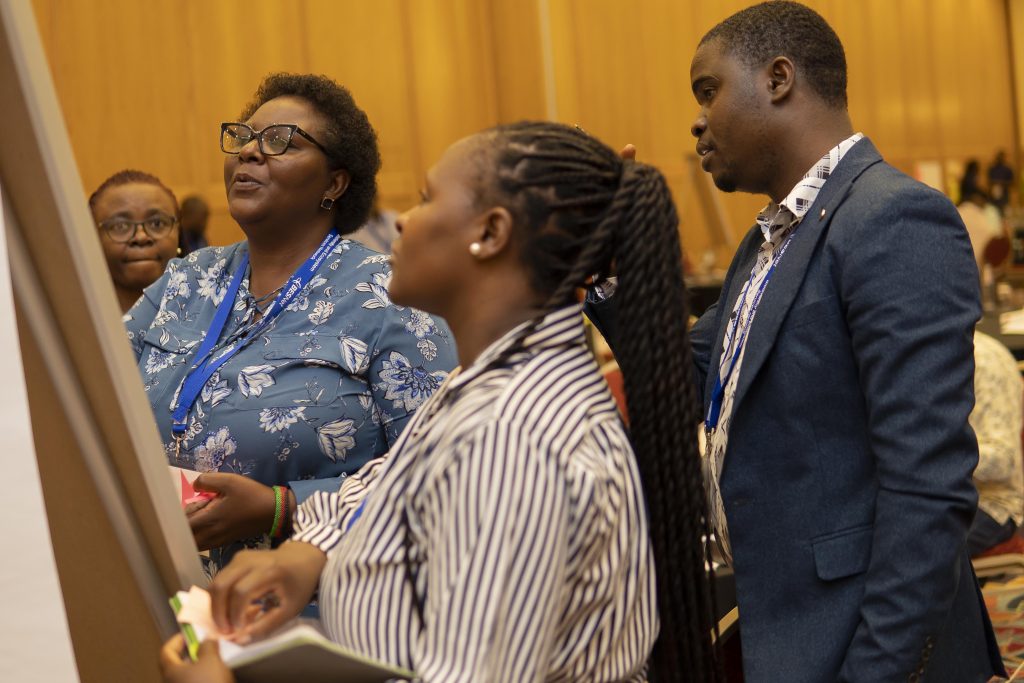
Another important aspect is the use of BES-Net’s Trialogues, an evolving methodology that brings together policymakers, scientists and practitioners in a comfortable and open dialogue platform. Trialogues place emerging evidence at the centre and create space for participants from diverse backgrounds to exchange perspectives, recognize each other’s contributions and co-create solutions. These solutions often take the form of policy reforms, new research initiatives, awareness-raising campaigns and strengthened governance frameworks, as well as efforts to improve cross-border collaboration, bridge scientific and Indigenous knowledge and advance gender-inclusive conservation. This methodology has been embedded as a key element in supporting the collective development and uptake of national ecosystem assessments.
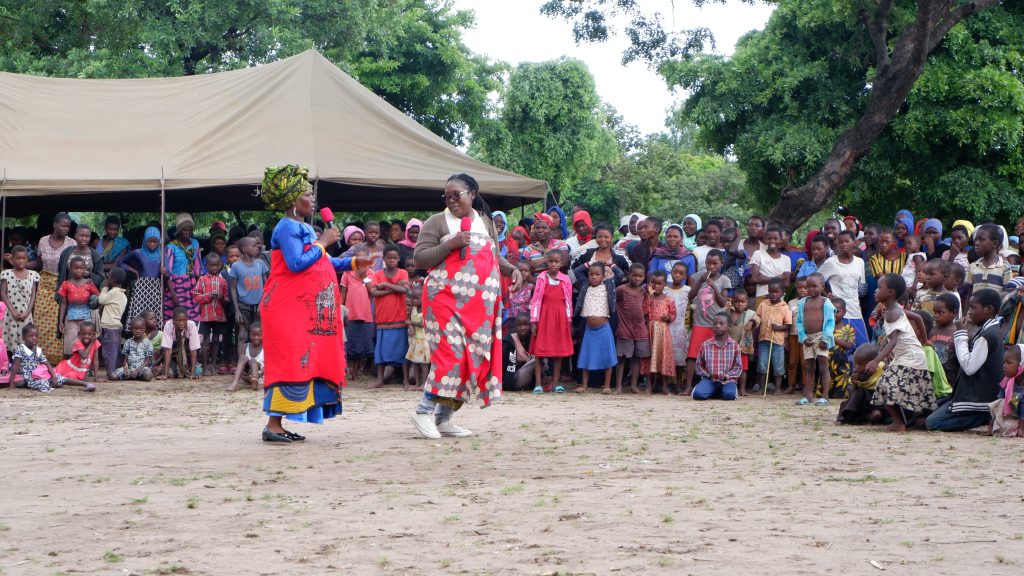
PT: Why is this collaboration important, and how does it support the goals of the Kunming-Montreal Global Biodiversity Framework (GBF)?
YK: BES-Net is mandated to contribute to the work programme of the Intergovernmental Science-Policy Platform on Biodiversity and Ecosystem Services (IPBES). As the IPBES assessments focus on global and regional levels, complementary support at the national level is considered invaluable. We deeply appreciate UNEP-WCMC’s leading role in implementing the IPBES Guide on the Production of Assessments, bringing extensive country-level experience and helping to compile data and knowledge that are more specific and context-relevant for national decision makers.
Target 21 of the GBF explicitly recognizes the importance of robust and accessible knowledge as a cornerstone of national biodiversity conservation decisions and actions. With only five years remaining to meet the targets of both the Sustainable Development Goals and the GBF, we cannot afford missteps. National ecosystem assessments have already been proven to provide a solid foundation in a number of countries, enabling governments and their partners to make swift, informed and effective decisions with confidence.
PT: How can this momentum be sustained once an assessment is completed?
YK: Sustainability and continuity are integral to BES-Net’s implementation. Our focus is not only on completing the assessments themselves but also on ensuring that their outcomes carry forward and the networks built around them are maintained over time. It can be challenging to keep people connected once an assessment is finalized, especially with shifting priorities and limited funding. The BES Solution Fund is one important mechanism within BES-Net that supports the transition and continuity between the assessment and the post-assessment phases by providing catalytic seed finance to support the implementation and uptake of assessment findings.
However, more can be done to recognize and connect the scholars and experts who have contributed deeply to the process and to highlight their work. As a consortium, we are committed to supporting continued exchange among them and to keeping their community of practice active beyond the assessment period. We leverage our communication tools and platforms, such as the Sub-Global Assessment Network, to sustain these connections and foster ongoing collaboration.
PT: Thank you again for your time.
***
Many thanks to Yuko for taking the time to share her expertise and experience with us.
Over the course of our ‘Voices from the NEA Initiative’ series, we’ll be speaking to practitioners, policymakers and Indigenous and Local Knowledge Holders from across the NEA Initiative’s partner countries. We’ll find out more about their assessment experiences, their insights and their advice for those beginning a national ecosystem assessment process.
The NEA Initiative at UNEP-WCMC is part of BES-Net, working in partnership with UNDP and UNESCO. Financial support for the NEA Initiative is provided by the International Climate Initiative of the German Federal Ministry for the Environment, Climate Action, Nature Conservation and Nuclear Safety, the Norwegian Environmental Agency, the Japan Biodiversity Fund and SwedBio.
Have a query?
Contact us
communications@unep-wcmc.org
